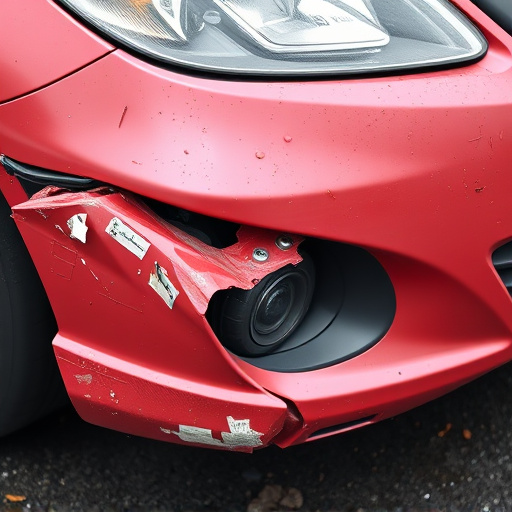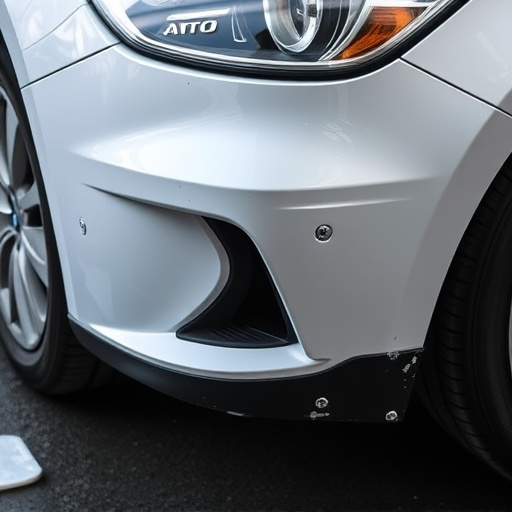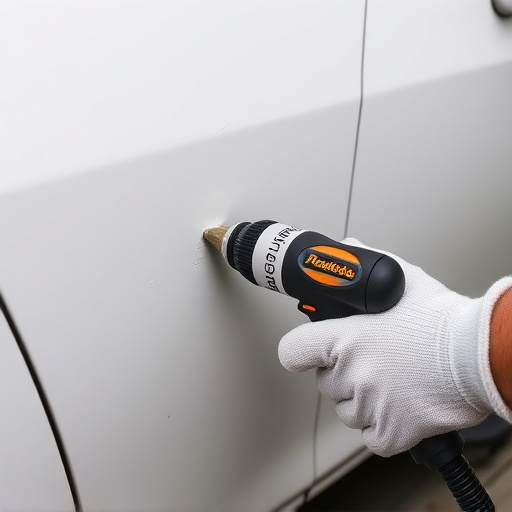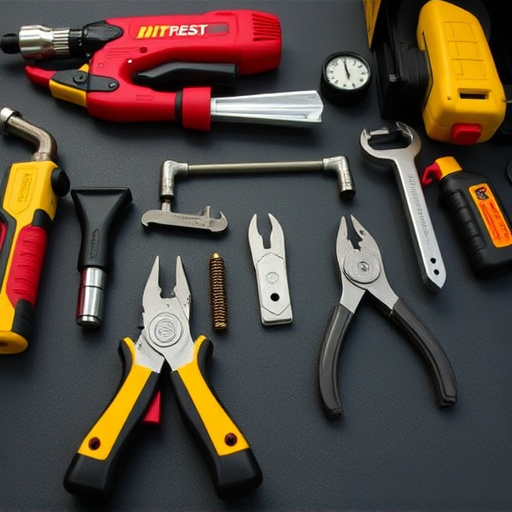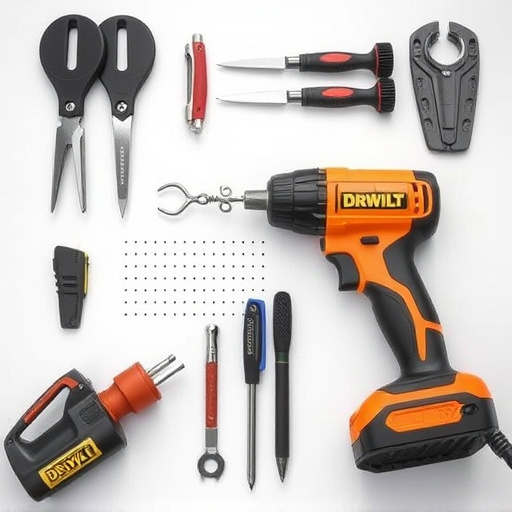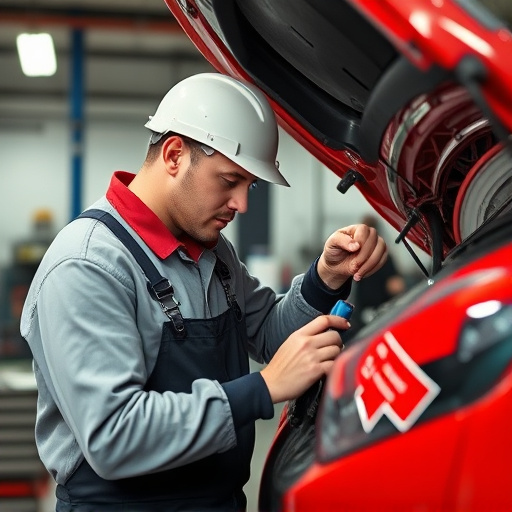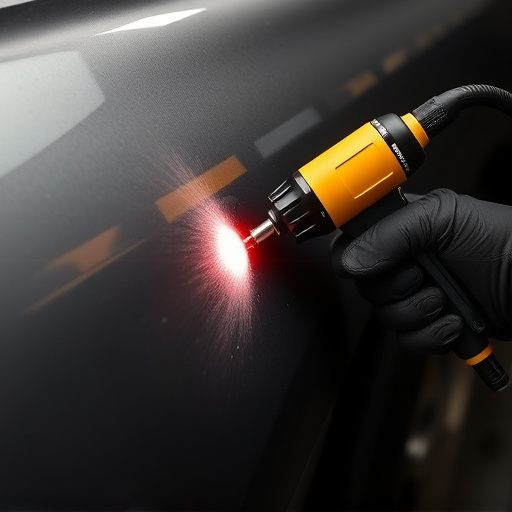Insurance companies vet and recommend auto repair facilities, focusing on technical expertise, equipment, experience, customer satisfaction, pricing, and adherence to industry standards. These "insurance recommended repair" shops ensure high-quality, safe, cost-effective repairs for policyholders post-accident, streamlining claims processes and offering peace of mind.
In today’s digital era, consumers rely on insurance companies to facilitate smooth and efficient vehicle repairs. Insurance recommended auto repair facilities play a pivotal role in this process, ensuring quality service at approved centers. This article delves into who approves these facilities, exploring the selection criteria set by insurance providers for recommended repairs. We also examine consumer protection measures and the feedback loop that shapes this essential aspect of post-accident care.
- Insurance Companies: The Primary Approvers
- Selection Criteria for Recommended Repairs
- Consumer Protection and Feedback Role
Insurance Companies: The Primary Approvers
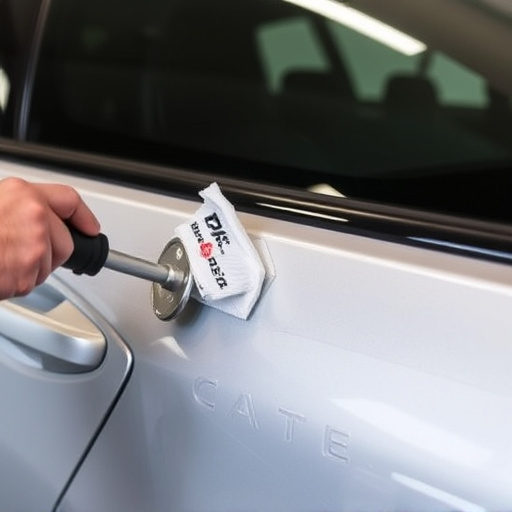
Insurance companies play a pivotal role in approving recommended auto repair facilities. They are the primary arbiters when it comes to determining which shops can bear the trust of policyholders for high-quality and cost-effective vehicle collision repair services. By setting standards and conducting thorough evaluations, insurance carriers ensure that customers receive top-notch body shop services without compromising their financial stability.
These insurers meticulously assess various aspects, such as technical expertise, equipment, experience, customer reviews, and pricing, before recommending specific repair facilities for their policyholders. This rigorous process guarantees that approved shops are equipped to handle a range of repairs, from minor fender repairs to complex body work, while adhering to industry best practices and safety standards.
Selection Criteria for Recommended Repairs
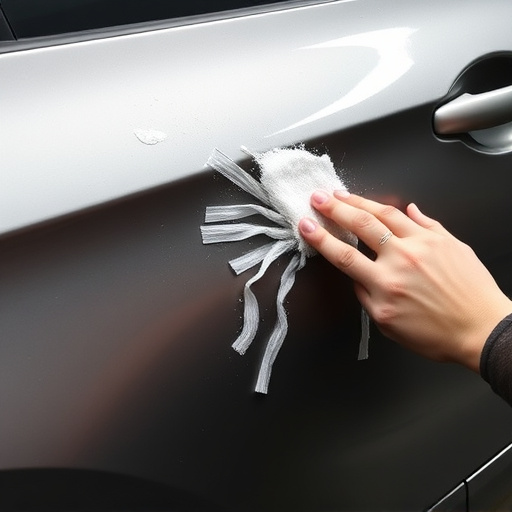
When insurance companies recommend auto repair facilities, several key criteria are considered to ensure quality and reliability. These include the facility’s reputation for accurate diagnostics, their proficiency in handling various types of automotive collision repairs, and adherence to industry standards and best practices. Reputable repair centers often boast well-trained technicians who can expertly handle everything from minor dents and scratches to complex autobody repairs.
Additionally, insurance companies look for facilities with modern equipment capable of precise and efficient work. The availability of original equipment manufacturer (OEM) parts and a proven track record of customer satisfaction are also significant factors. Moreover, these recommended repair centers should offer transparent pricing, clear communication, and convenient scheduling options to enhance the overall customer experience, especially during stressful situations like auto collisions.
Consumer Protection and Feedback Role
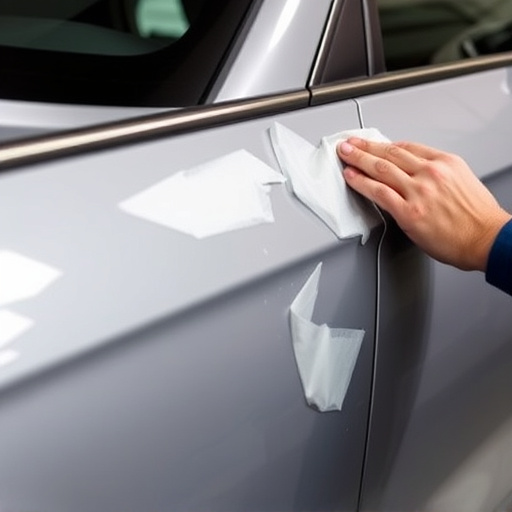
When it comes to insurance recommended auto repair facilities, consumer protection plays a pivotal role. Insurers often collaborate with trusted and certified repair shops to ensure customers receive high-quality, reliable, and cost-effective car repairs after an accident. These partnerships are designed to safeguard consumers from potential exploitation or substandard work. By recommending specific repair shops, insurers aim to streamline the claims process and offer policyholders peace of mind during challenging times.
In addition to protection, consumer feedback is a crucial aspect that drives the quality of insurance recommended repair facilities. Satisfied customers can provide positive reviews, enhancing the reputation of these repair shops. Conversely, constructive criticism from those who had less-than-satisfactory experiences can prompt improvements. This two-way exchange of feedback helps maintain and elevate standards, ultimately benefitting all parties involved—insurers, policyholders, and car repair shops alike. Whether it’s a minor dent repair or a more significant fender bender, ensuring that the chosen auto repair shop meets these criteria is essential for a smooth and stress-free claims process.
Insurers play a pivotal role in approving and recommending auto repair facilities, utilizing specific criteria to ensure quality and consumer protection. By carefully vetting and selecting trusted partners, insurance companies help drivers access reliable and safe repairs for their vehicles. This process not only facilitates the claims settlement process but also empowers consumers to make informed choices when it comes to vehicle maintenance and repair.
